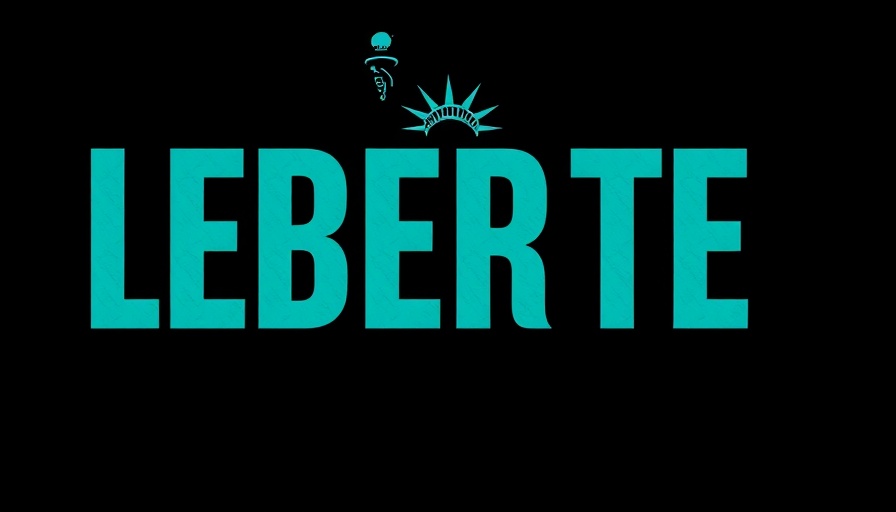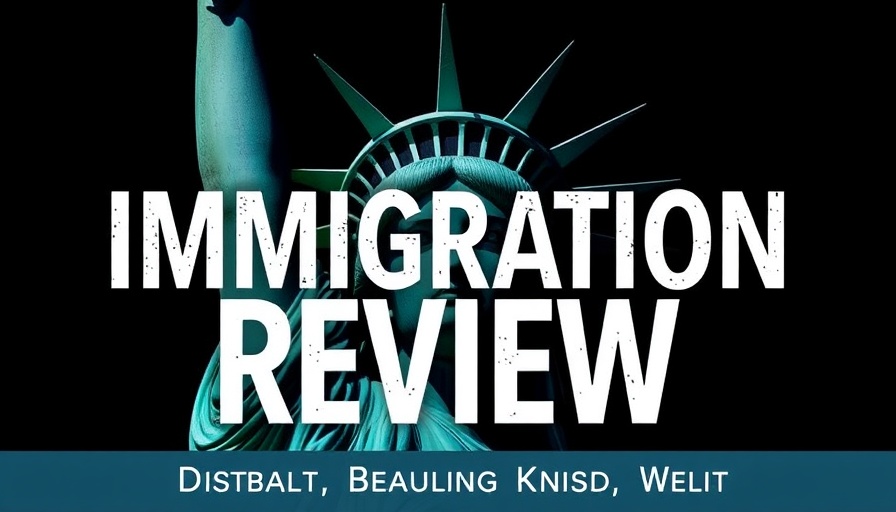
The Recent Legal Landscape for Immigration: Significance of Recent Court Decisions
This past week has seen pivotal court rulings in immigration law, reflecting the continuing shifts in policies and protections for non-citizens. The highlighted cases, particularly the postponement of Temporary Protected Status (TPS) for Haitian nationals and the rejection of restrictive asylum applications, signal a potential shift towards more protective measures in immigration jurisprudence. As immigration attorneys, staying abreast of these developments is essential for effectively advocating on behalf of clients who may be impacted by these changes.
In Ep. 271 - Precedential Decisions from 6/30/2025 - 7/6/2025, we see important shifts in immigration law that prompt a closer analysis of how these decisions can affect the legal landscape for immigration attorneys.
Understanding Temporary Protected Status and Its Implications
On July 1st, 2025, a federal judge in Eastern New York suspended Secretary Gnome's decision to terminate TPS for Haiti, maintaining protections until February 2026. This decision is significant not just for Haitians living in the U.S. but also as a response to the humanitarian crisis stemming from natural disasters and civil unrest in Haiti. Attorneys should steer clients through this legal landscape, emphasizing the importance of TPS and its interim benefits amidst often-troubling circumstances.
A Wins for Asylum Seekers: Learning from Recent Court Outcomes
The recent ruling in Refugee and Immigrant Center for Education and Legal Services v. Gnome, announced on July 2nd, 2025, marks a foundational moment where the court reaffirmed the rights of asylum seekers against increasingly restrictive policies. The case challenges the closure of the southern border to asylum seekers and underscores the continuous struggle against executive policies that neglect humanitarian obligations. Immigration attorneys must leverage such victories to support clients' cases when pursuing asylum petitions.
The Third Circuit’s Impact on Asylum and Nexus Standards
In a landmark case, Tipan Lopez, Attorney General of the United States, the Third Circuit provided critical insights into the nexus of asylum claims involving religious persecution. The court remanded instructions to the Board of Immigration Appeals (BIA), forbidding the application of subordination-based tests in determining motivations for persecution. This ruling clarifies that a persecutor's intent does not have to be rooted in hostility towards a protected ground, such as religion, for asylum claims to be valid. Attorneys should familiarize themselves with this precedent to bolster their asylum arguments.
Counterproductive Trends in Immigration Law: The Case of Matter of AAFV
The continuing trend toward harsher judgments can be observed in the BIA's recent decision in Matter of AAFV, which emphasizes the stance against non-citizens seeking Convention Against Torture (CAT) protections. This decision highlights the challenges faced by those arguing against removal to countries with documented human rights abuses. It draws attention to the necessity for attorneys to base their cases on nuanced understandings of country conditions and individualized risk rather than solely on general conditions.
Key Takeaways for Immigration Attorneys
As immigration attorneys navigate these new legal terrains, it is imperative to be agile and informed. Celebrating wins in court, such as the TPS decision, and preparing to engage with criticisms of tightening policies is vital. The legal landscape is shifting favorably in certain areas while challenging in others. Staying informed, crafting well-supported claims, and understanding court precedents such as the Third Circuit’s ruling can assure compliance with changing standards and offer a better defense for clients facing potential removal.
In light of these developments, it’s clear that immigration law continues to evolve significantly. Attorneys, particularly those specializing in immigration, should utilize these new rulings to enhance their advocacy for their clients and prepare for future challenges in the limelight of an ever-changing political and legal atmosphere.
 Add Row
Add Row  Add
Add 

 Add Row
Add Row  Add Element
Add Element 




Write A Comment